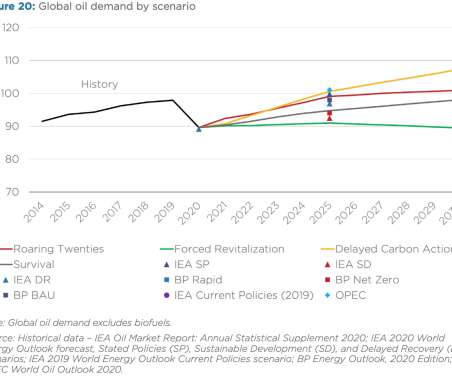Study Concludes Cash for Clunkers Program Is an Expensive Way to Reduce Carbon; Paying Nearly 10x the Projected Price of Carbon Credits
Green Car Congress
AUGUST 14, 2009
program is paying nearly 10 times the projected price of carbon credits per ton in the best-case scenario, according to an analysis of the implied cost of carbon dioxide reductions under the program by UC Davis transportation economist Christopher Knittel. do not discuss the merits of the program in terms of stimulus.











Let's personalize your content